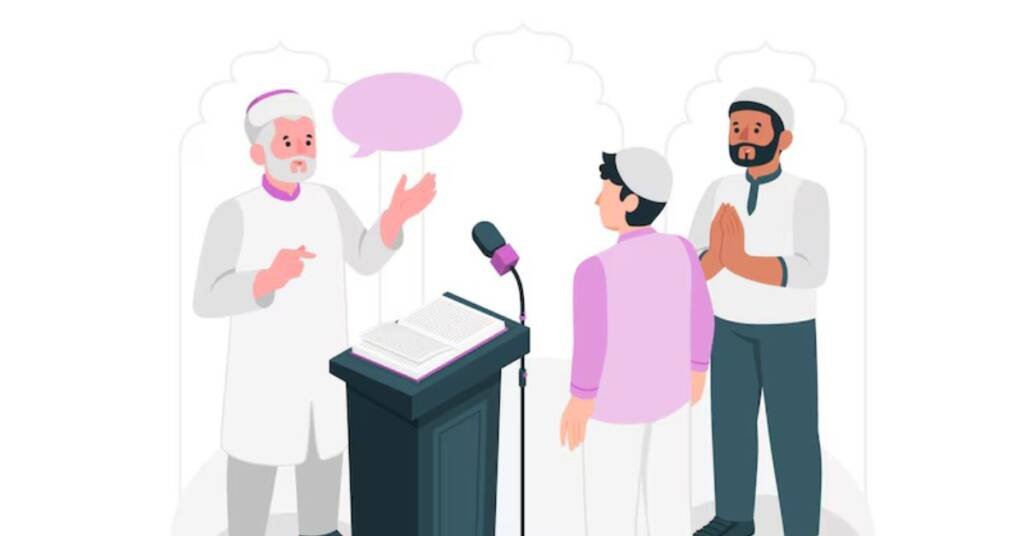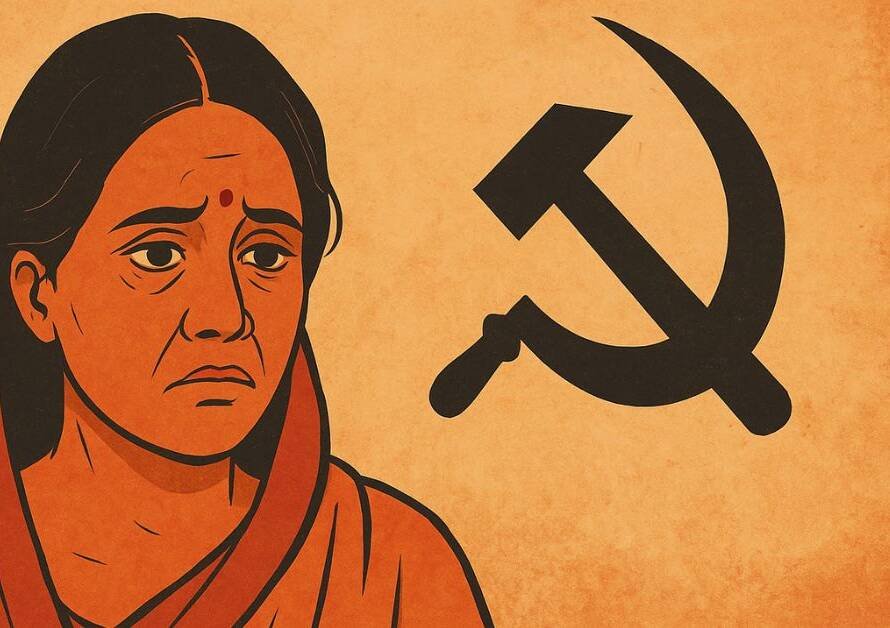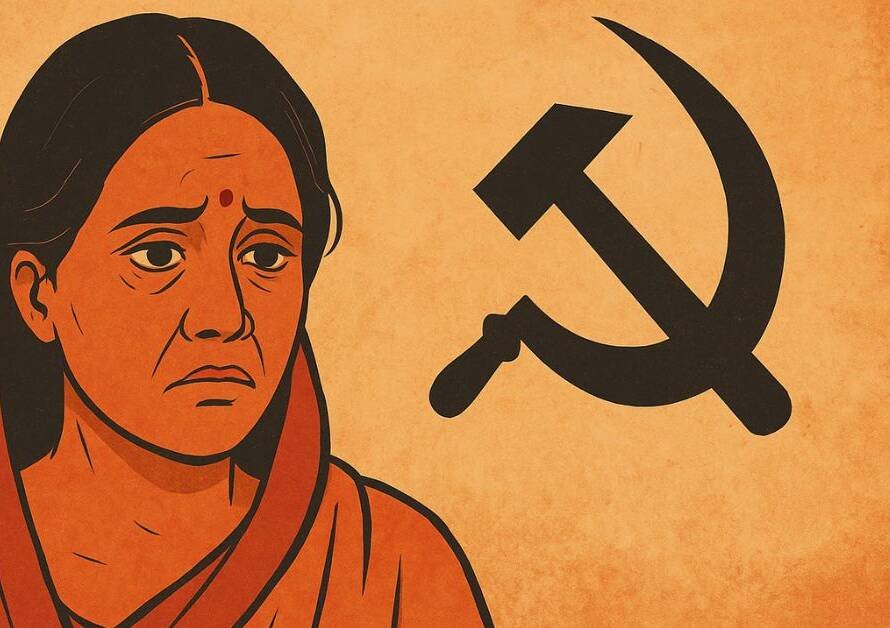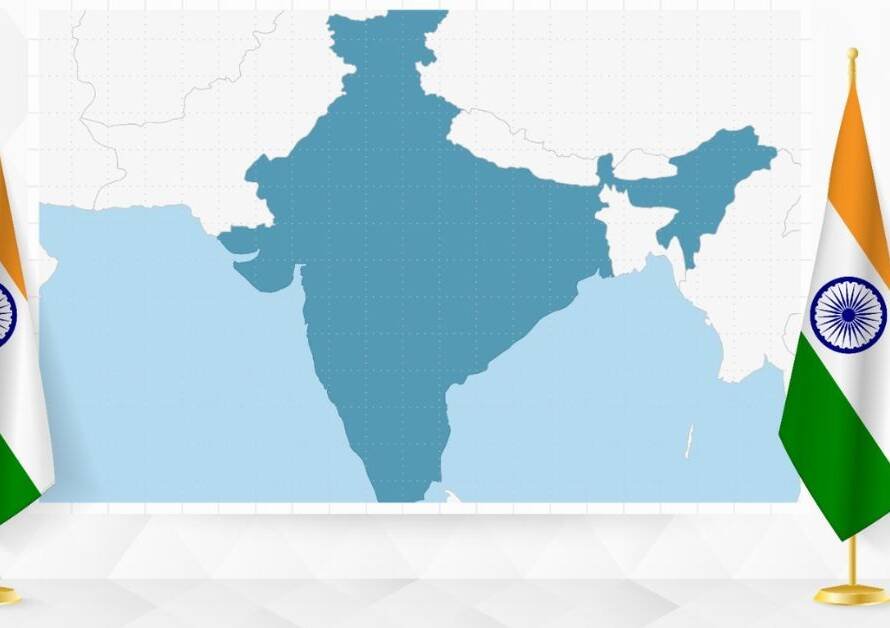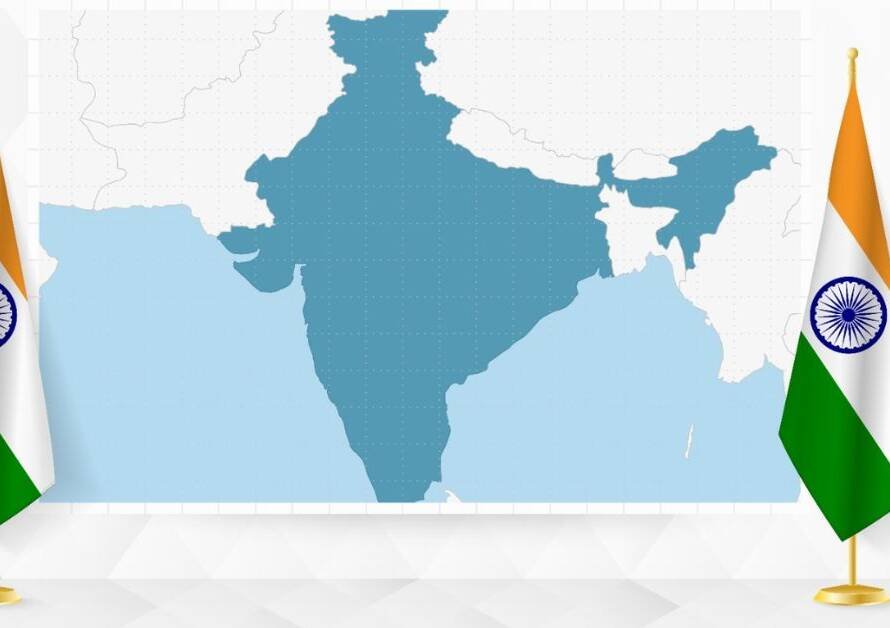Since independence, the Congress party has prioritized vote-bank politics by formulating policies and laws that directly or indirectly undermined the interests of the Hindu majority while granting special privileges to minority communities. This strategy was aimed at creating a loyal vote bank to keep Congress in power, even at the cost of India’s social structure, cultural identity, and national security.
Appeasement Through Constitutional Amendments and Policies
1. Article 25: Legalizing Religious Conversions
Article 25 of the Indian Constitution legitimized religious conversions under the guise of “religious freedom.”
This provision was exploited by foreign missionary organizations and Islamic groups to target economically weaker and marginalized Hindu communities for conversions.
Over time, this led to demographic imbalances, posing a threat to India’s cultural identity.
2. Articles 28 and 30: Discrimination in Religious Education
Article 28: Prohibited religious education in government schools, effectively excluding Hindu teachings from formal education.
Article 30: Granted minority communities (Muslims and Christians) the right to run their religious institutions freely, with state funding.
This systematically marginalized Hindu culture and traditions from the education system while empowering minority communities to preserve their religious identity.
3. HRCE Act (1951): Control Over Hindu Temples
This act placed Hindu temples and their assets under government control, while leaving mosques and churches untouched.
The government misused temple funds for non-religious purposes, stripping temples of their autonomy.
This was a severe violation of Hindu religious rights.
4. Hindu Code Bill (1956): Legal Discrimination
Stringent reforms were imposed on Hindu marriage and property laws, but Muslim Personal Law was left untouched.
Muslims were allowed to practice polygamy and other privileges, creating legal inequalities.
5. Special Marriage Act (1954): Encouraging Interfaith Marriages
This act facilitated interfaith marriages, particularly between Muslim men and Hindu women.
This law inadvertently encouraged phenomena like “Love Jihad,” causing societal unrest in Hindu communities.
6. Forced Secularism (1975):
During the Emergency, Indira Gandhi introduced the term “secularism” into the Constitution.
This was a calculated move to suppress Hindu religious aspirations while granting undue privileges to minority communities.
Cultural and Historical Undermining by Congress
1. Distortion of History
Under Congress rule, history textbooks were rewritten to glorify Mughal rulers like Akbar and Aurangzeb while minimizing the contributions of Hindu warriors like Maharana Pratap, Chhatrapati Shivaji, and Guru Gobind Singh.
The atrocities committed by these invaders were downplayed, distorting the historical narrative.
2. Attack on Ram Setu (2007):
The Congress government filed an affidavit denying the existence of Lord Ram.
This was a direct attack on Hindu religious sentiments.
3. Promotion of ‘Saffron Terror’ (2009):
The term “Saffron Terror” was coined to equate Hinduism with radicalism and terrorism.
This propaganda tarnished the image of Hindu society at an international level.
Special Privileges for Minorities: Suppression of Hindu Rights
1. Minority Commission Act (1991):
This act provided minorities with exclusive benefits in government jobs, scholarships, and welfare schemes.
Hindus were excluded from these benefits, even though they constituted the majority population.
2. Waqf Act (1995):
Empowered Waqf Boards to claim any property as waqf property.
This made Muslims the second-largest landowners in India, surpassing even government ownership.
3. Triple Talaq and Burqa:
Congress never criticized regressive practices like triple talaq and the burqa.
Meanwhile, it consistently interfered in Hindu customs and traditions.
Long-Term Impact of Congress Policies
1. Demographic Imbalance:
Religious conversions and special privileges led to a gradual weakening of the Hindu community.
2. Cultural Decline:
Discriminatory education policies and laws eroded Hindu values and traditions.
3. Threat to National Security:
Appeasement politics encouraged separatism and extremism.
Transformative Changes Under Modi Government
Under Prime Minister Narendra Modi’s leadership, India has taken decisive steps to restore its cultural identity and strengthen national security:
1. Religious Freedom:
Initiatives like the Kashi Vishwanath Corridor and Mahakal Temple projects aim to rejuvenate Hindu religious sites.
2. Triple Talaq Ban:
A historic move to deliver justice to Muslim women and ensure gender equality.
3. CAA and Abrogation of Article 370:
Provided justice to Hindu refugees and brought stability to Jammu & Kashmir.
What Should Hindus Do Now?
1. Political Awareness:
Avoid voting for Congress and other parties that undermine Hindu interests.
2. Cultural Unity:
Embrace and take pride in Hindu traditions and values.
3. National Solidarity:
Unite to protect India’s sovereignty and cultural heritage.
Conclusion
Hindu society must now recognize the long-term damage caused by Congress and other appeasement-driven parties. The time has come to take inspiration from leaders like Maharana Pratap, Shivaji, and Swami Vivekananda and work towards self-reliance and cultural preservation.
“Arise, awake, and stop not until the goal is achieved.”
Jai Hind! Jai Shri Ram!

